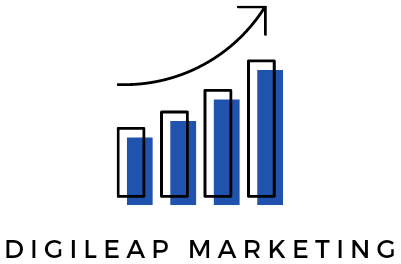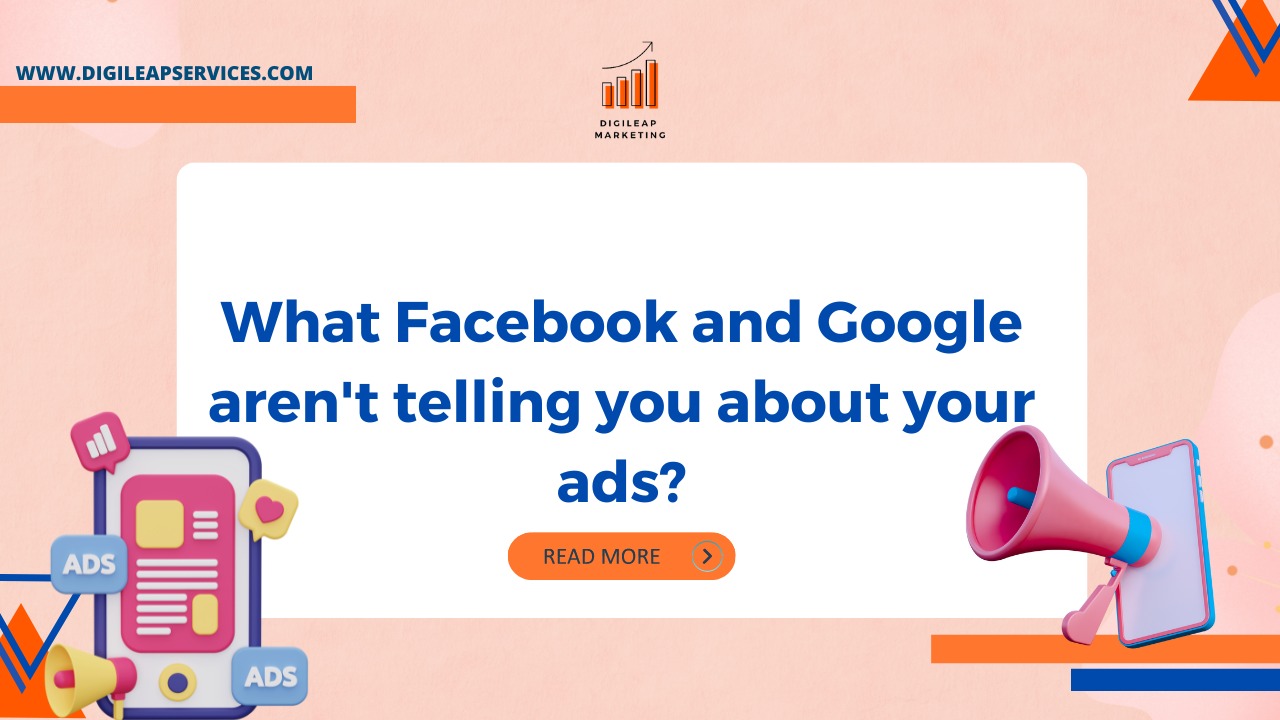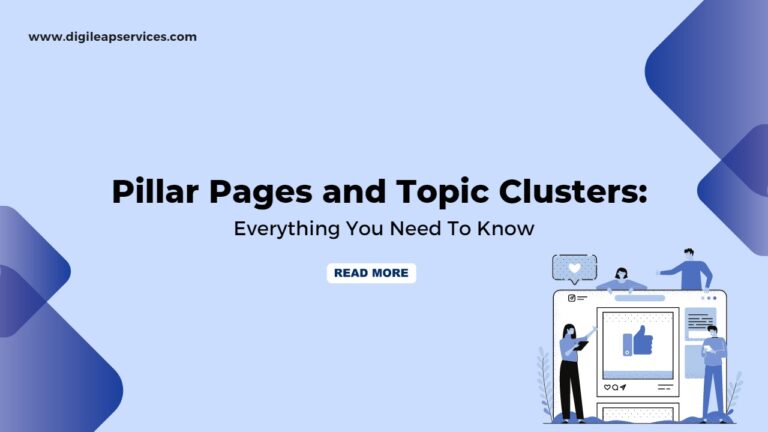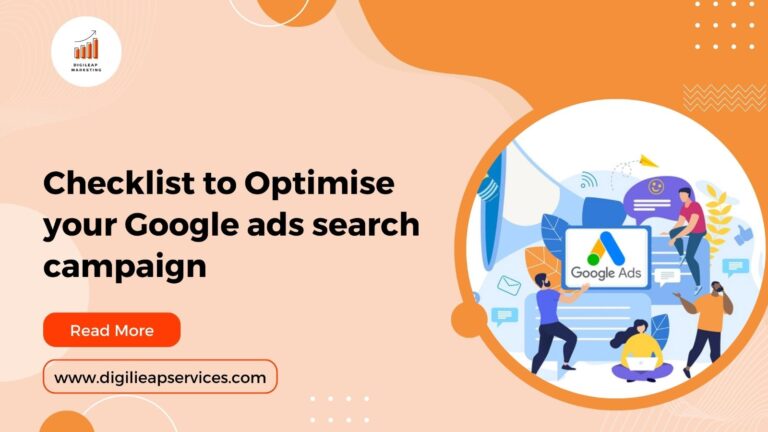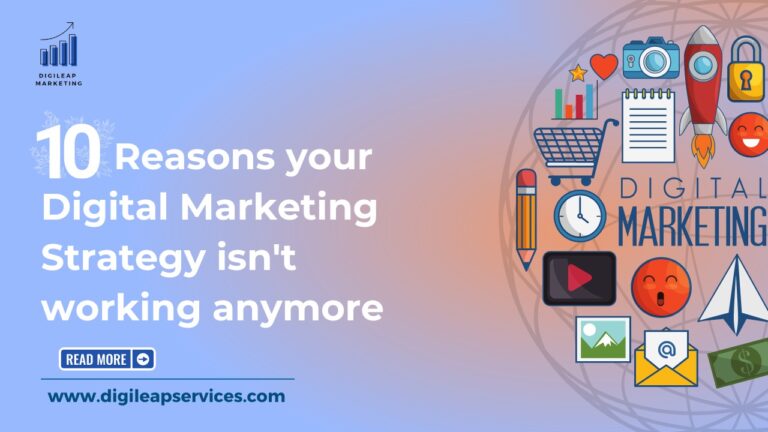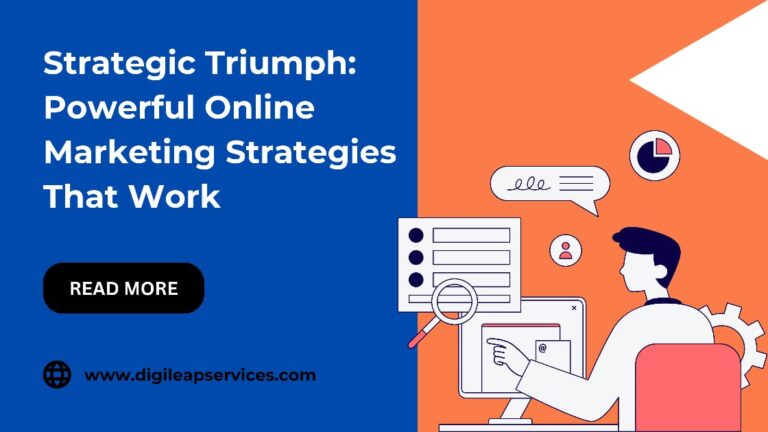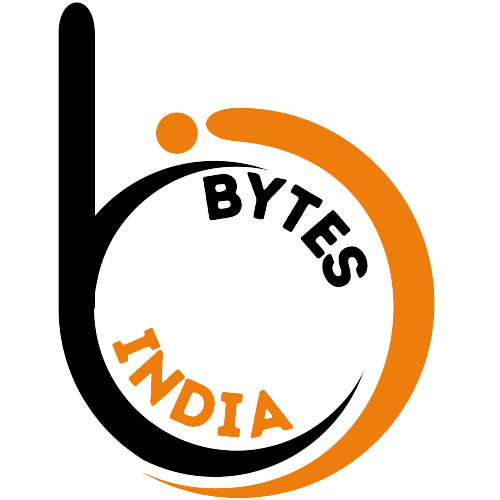What Facebook and Google aren’t telling you about your ads?
Perhaps you’ve previously done PPC campaigns with AdWords and are unsure how Facebook Ads compare. Or perhaps you’ve tried Facebook Ads in the past, had poor results, and don’t understand how Facebook advertising has evolved over the last few years. Knowing the fundamental distinctions between Google and Facebook Ads will help you leverage each platform to obtain the best results for your company.
One of the most significant distinctions between Google and Facebook Ads is search intent. Google searchers are looking for something specific, whereas Facebook users are presented with adverts based on their interests. Unlike Google, which uses a pull marketing technique, Facebook focuses on brand awareness. Searchers are on a mission when it comes to Google. They’re looking for something specific and want to find it.
Advertisers benefit from showing an ad that fits the search intent. In this case, you want to discuss deals and drive the searcher to a website with special offers and discounted UGG boots. Why? Because the searcher is looking for a good bargain on UGG boots. Experienced PPC advertisers understand this idea and ensure that the ad and landing page are relevant to the search intent. Rookie advertisers, on the other hand, commonly make the error of advertising for terms that are only vaguely related to their product and do not closely match the search intent. To conclude, the purpose of Google search is to provide an ad that fits what consumers are searching for. This matches the search intent and hopefully increases your adverts’ click-through and conversion rates.
However, Facebook Ads are distinct. You can advertise on Facebook to people who aren’t necessarily looking for your product. When your ad appears in their news feed, they mind their business, looking at kitten videos and kid photos on Facebook. They weren’t looking for your product, yet they were nonetheless exposed to your advertisement. As a result, Facebook Ads are an excellent approach to raising awareness and interest in your product. People unaware of your existence are unlikely to be interested in what you offer and will not look for your product or brand.
Moving on to another significant distinction, one of Facebook’s greatest assets is the extensive targeting possibilities provided. Facebook allows you to target individuals based on various criteria, including age, gender, interests, and more. If we wanted to advertise on Facebook and knew our top customers read MOZ, Search Engine Watch, and Search Engine Land, we could target people who liked those pages on Facebook at iSpionage (where I work). This targeting can be as specific or broad as we want, allowing us to only show advertising to people who match our criteria. It’s quite strong and gives us much control over who sees our adverts.
The cost per click on each platform is another distinction between Facebook and Google ads. Advertisers on AdWords can spend more than $100 per click in highly competitive industries. In contrast, on Facebook, you can pay as little as $0.25 per click, depending on your ad’s CTR and targeting criteria. According to my experience, the cost per click on Facebook is lower than on AdWords. I’ve observed CPCs for Facebook advertisements consistently around $1.00 per click, but not for AdWords. As a rule, you’ll generally pay less per click on Facebook than on AdWords, but there is a trade-off to consider.
Finally, you must measure both channels to ensure that you get the optimum advertising investment return. Because of the reduced cost per click, Facebook is a terrific platform for many businesses. Still, you should always assess the cost per acquisition to see where you’re receiving the most return.
Here’s a quick breakdown of the distinctions between these two powerful advertising platforms:
- Google ads are excellent for targeting customers with strong buying intent or for advertising information when they are researching. You’ll probably pay a little more per click, but you’ll know precisely what the searcher thinks when they view your ad.
- Facebook Ads have extensive targeting options and allow you to reach people unaware that your product exists, implying that they are not looking for your solution or brand. It is excellent for increasing product awareness, curiosity, and desire. Finally, Facebook provides access to a huge audience at a very competitive price, and their retargeting option gives you even more control over who sees your advertisements, beating Google retargeting campaigns in at least some circumstances.
If you’ve solely utilized search advertisements in the past, I highly recommend giving Facebook a shot. Many advertisers are having fantastic success, and it’s a great method to stretch your advertising budget further. If, on the other hand, you’ve solely utilized Facebook Ads, you might want to test AdWords. AdWords allows you to reach individuals exactly when they are looking for your goods, which is something you don’t want to lose out on. You’ll pay extra for these clicks, but it’s worth it if you can convert at a high enough rate.
